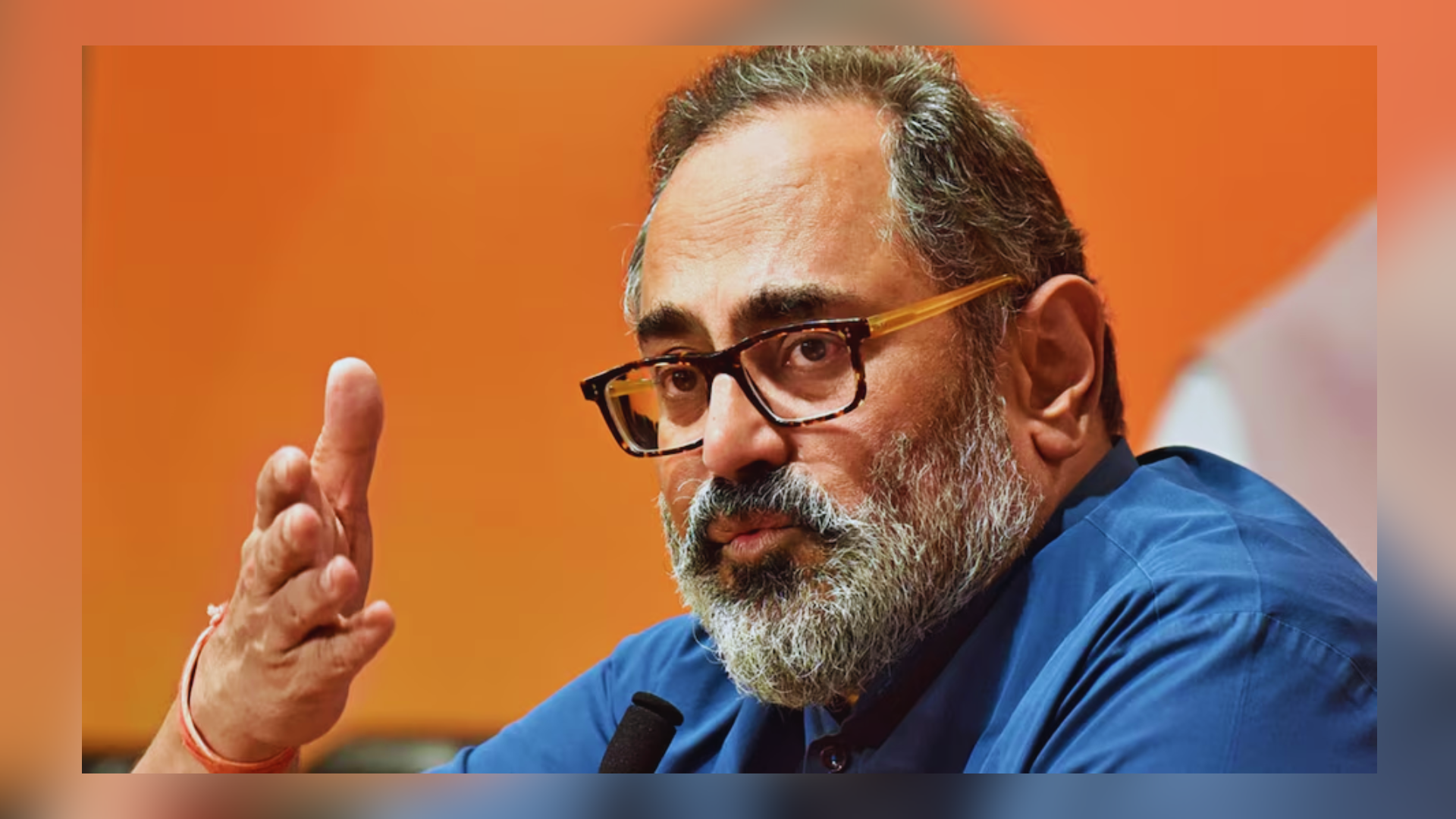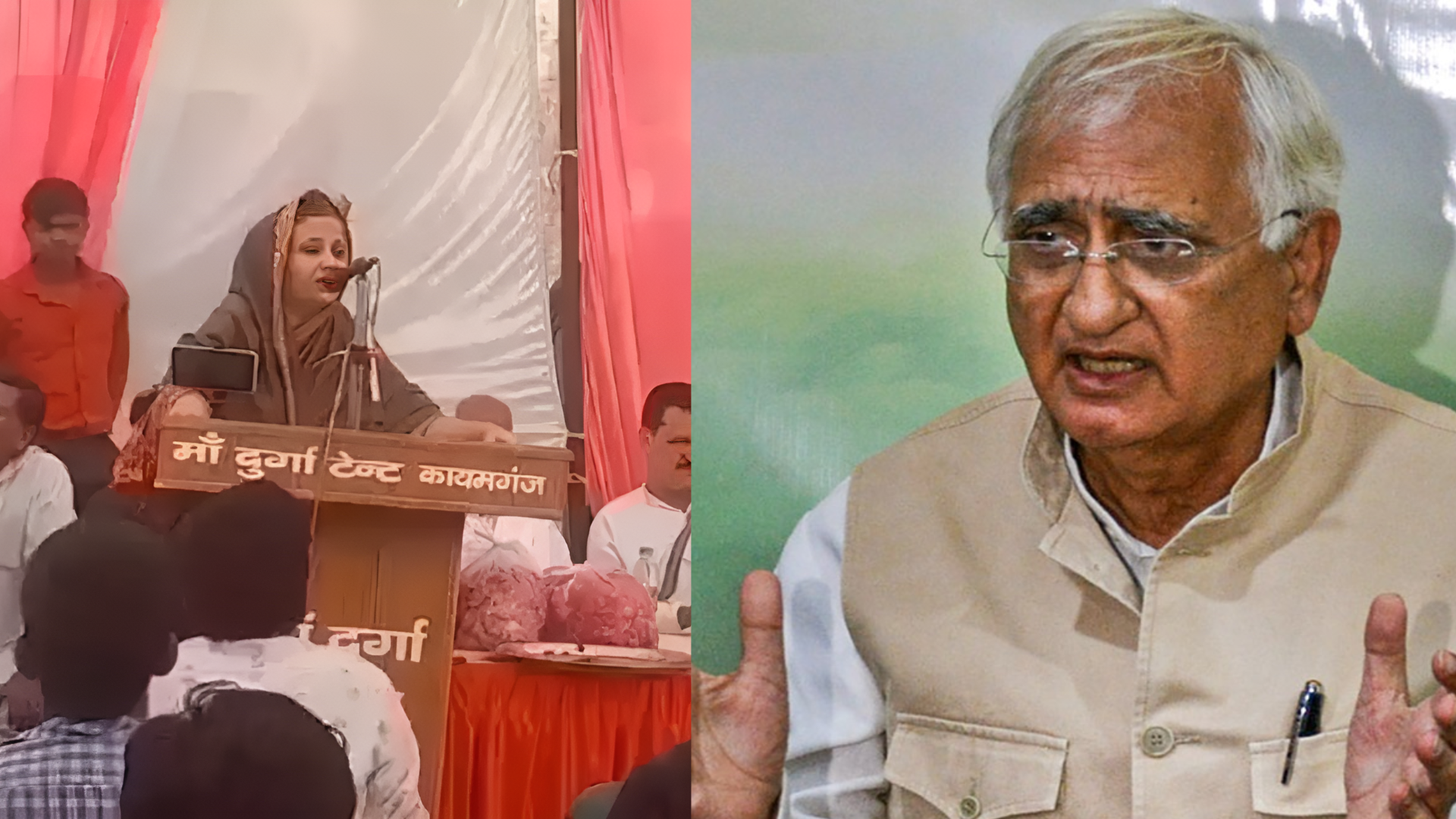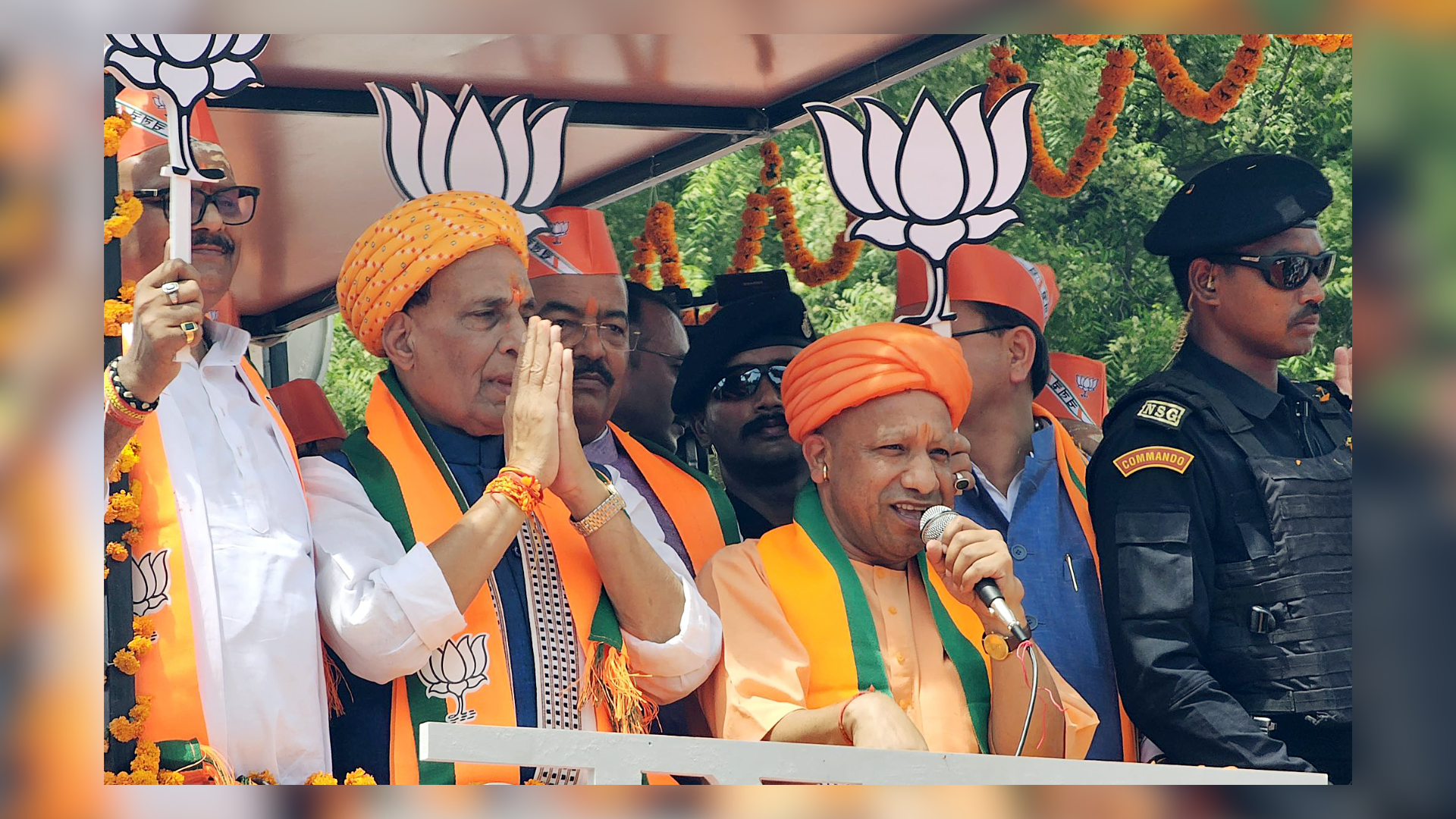



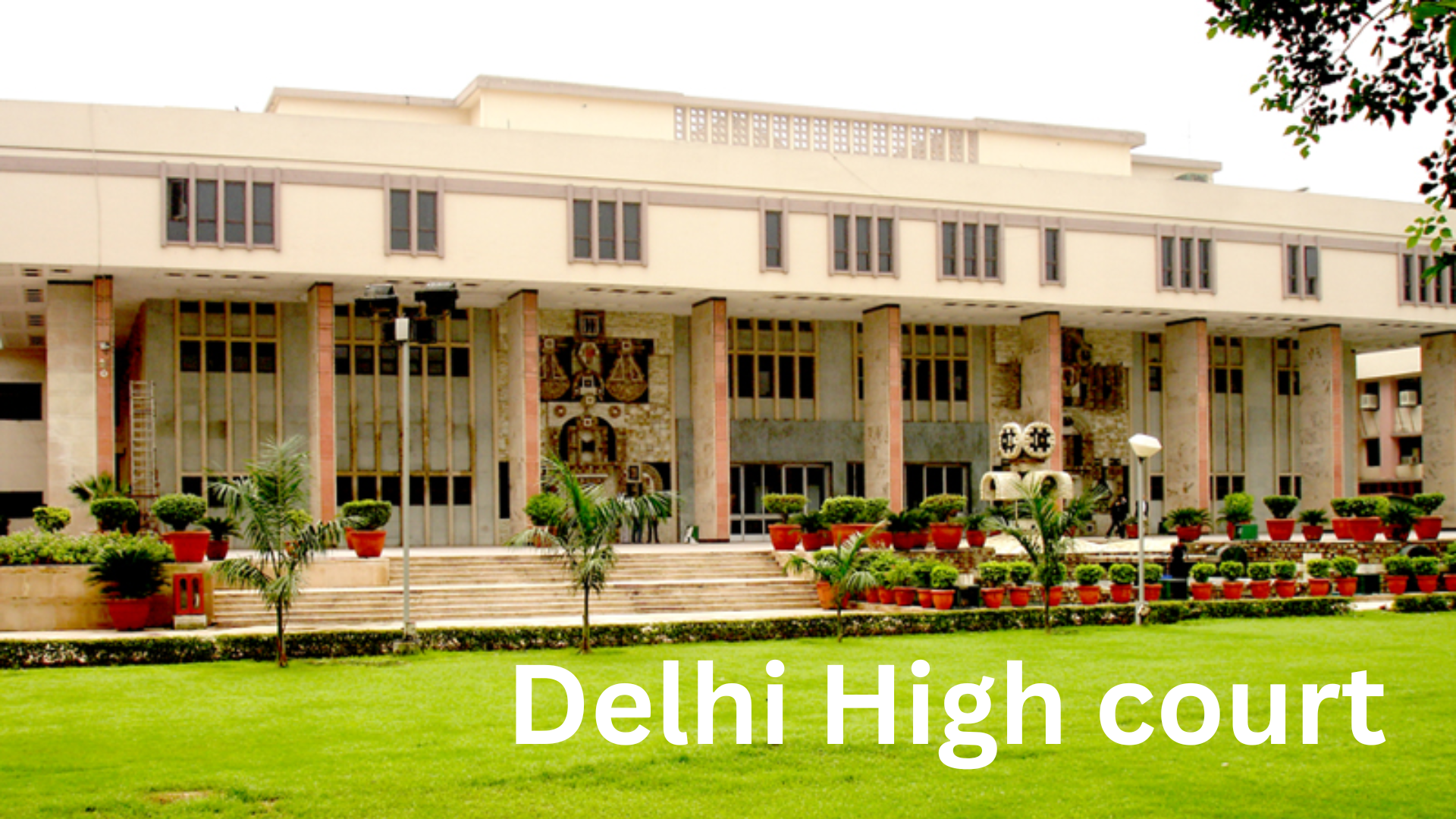
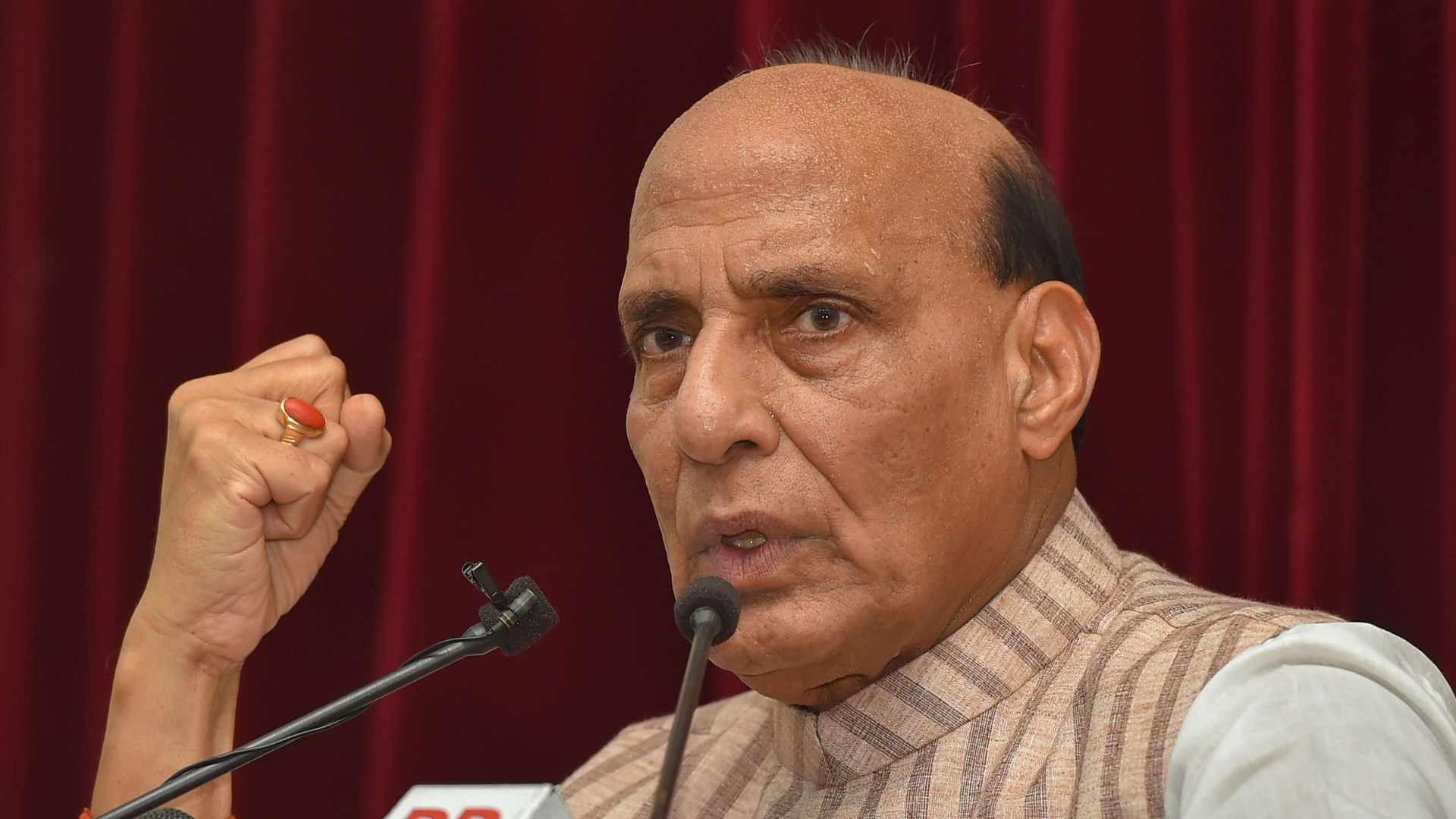

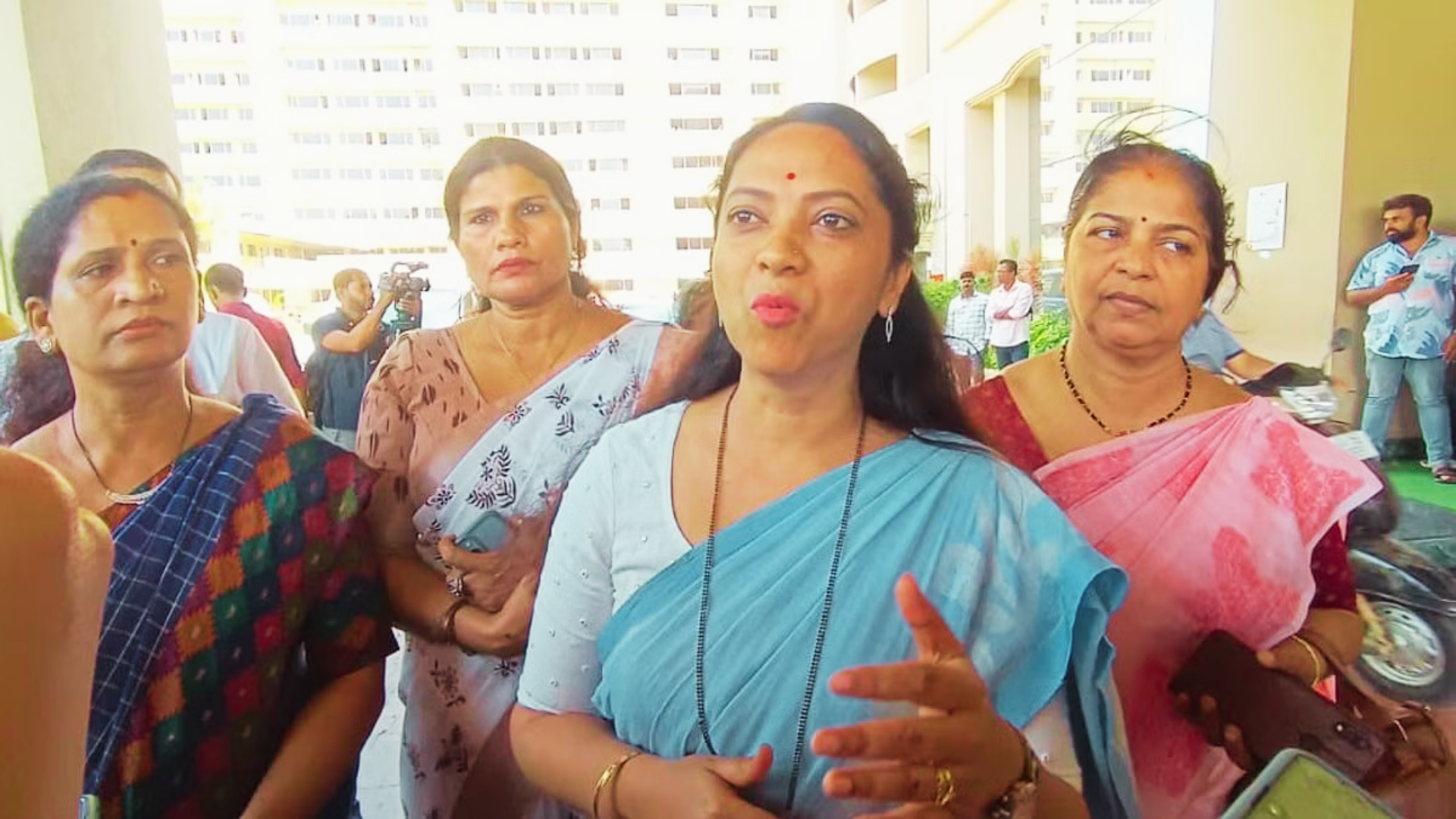

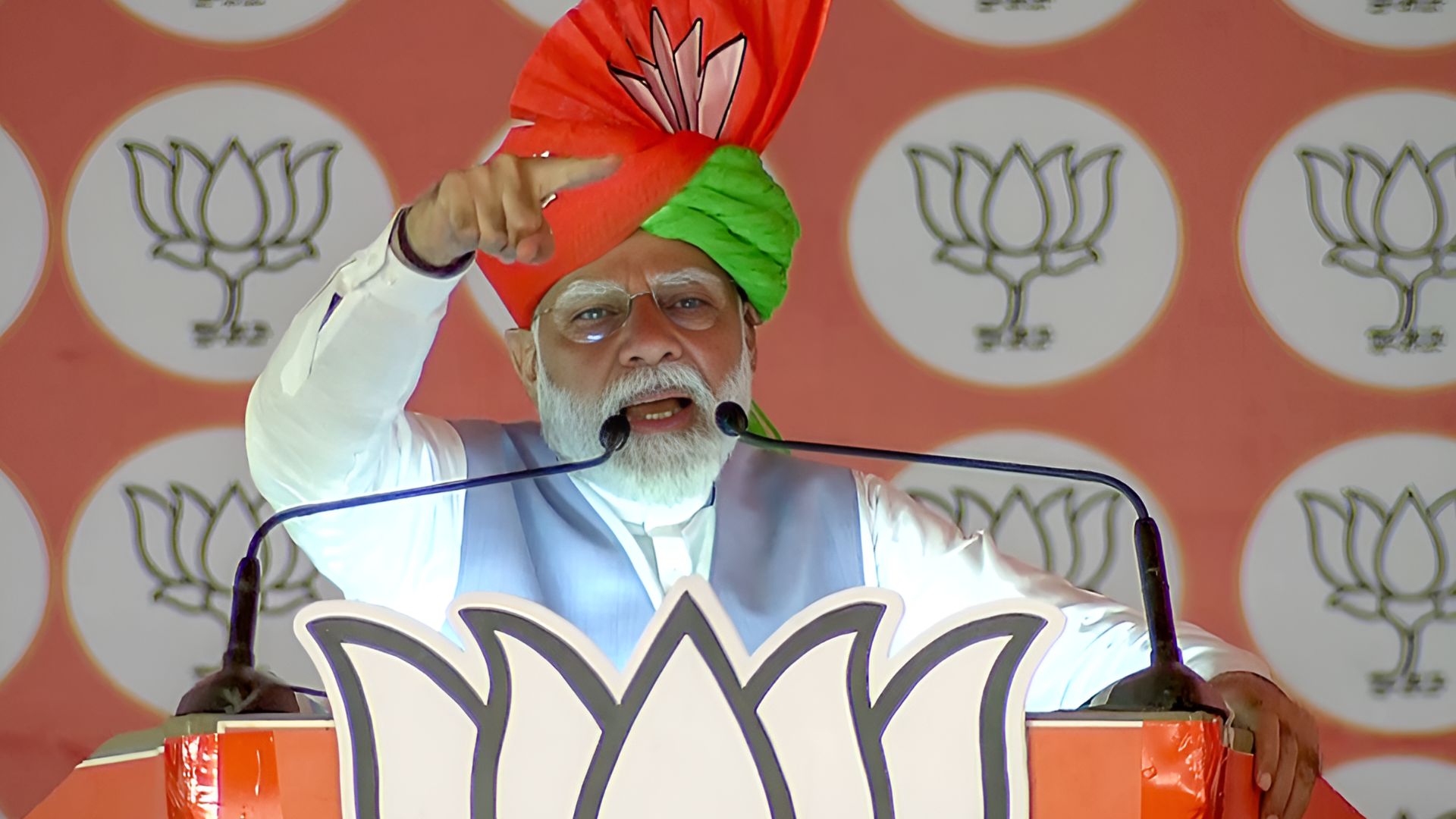
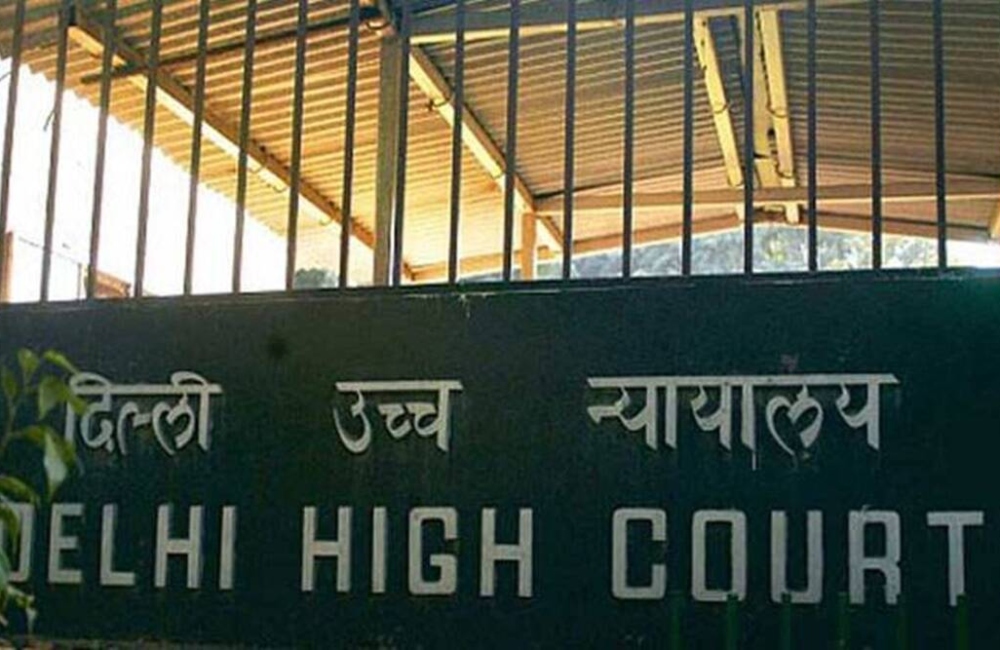
The Delhi High Court has decided to investigate the validity of its provision on ‘whether a woman might be evicted from the matrimonial residence in proceedings brought under the Domestic Violence Act, 2005.’
The Bench of Chief Justice Satish Chander Sharma and Justice Subramonium Prasad issued a notice in a Writ Petition filed on behalf of a mother-in-law by Advocate Preeti Singh challenging the constitutionality of the Proviso to Section 19(1)(b) of the Domestic Violence Act, 2005, which prohibits the removal of any female from the matrimonial home. The Division Bench decided to investigate the matter and notified the Central Government and the National Commission for Women on December 21, 2022.
The bench also appointed Senior Advocate Rebecca John to assist the court on the constitutionality of the provisions of the DV Act, which debars the passing of orders against females.
The mother-in-law earlier approached the Tis Hazari District Court for evicting her daughter-in-law from the shared matrimonial home, which was earlier dismissed observing that no such orders can be passed against the female proviso to Section 19(b) of the PWDV Act, 2005.
Advocate Preeti Singh argued before High Court that the Domestic Violence Act, 2005 is a woman-beneficial legislation and gives the right to residence to the aggrieved woman under Section 19 of the Act.
Section 19(1)(b) gives the power to Magistrate to direct the other family members to remove themselves from the shared household. But its proviso absolutely bars passing such orders against a female.
Preeti Singh also submitted that the act cannot distinguish between mother-in-law and daughter-in-law and the proviso to Section 19(b) is, unfortunately, depriving Senior Citizens (Mothers-in-law) to exercise their rights under the act and is violative of Article 14 of the Constitution of India.
Adv Singh further argued that, on the one hand, any woman in a live-in relationship has the right to seek redress under the PWDV Act, 2005 against her live-in spouse. However, due of this provision, a woman cannot utilise the same right against her female live-in partner.
It was also claimed that dissatisfied Mother-in-Law or Female Live-in partners are obliged to seek redress through Civil Suits or the Senior Citizens Act, which creates uncertainty due to contradictory rulings from various courts, resulting in a stalemate in the implementation of the orders.






